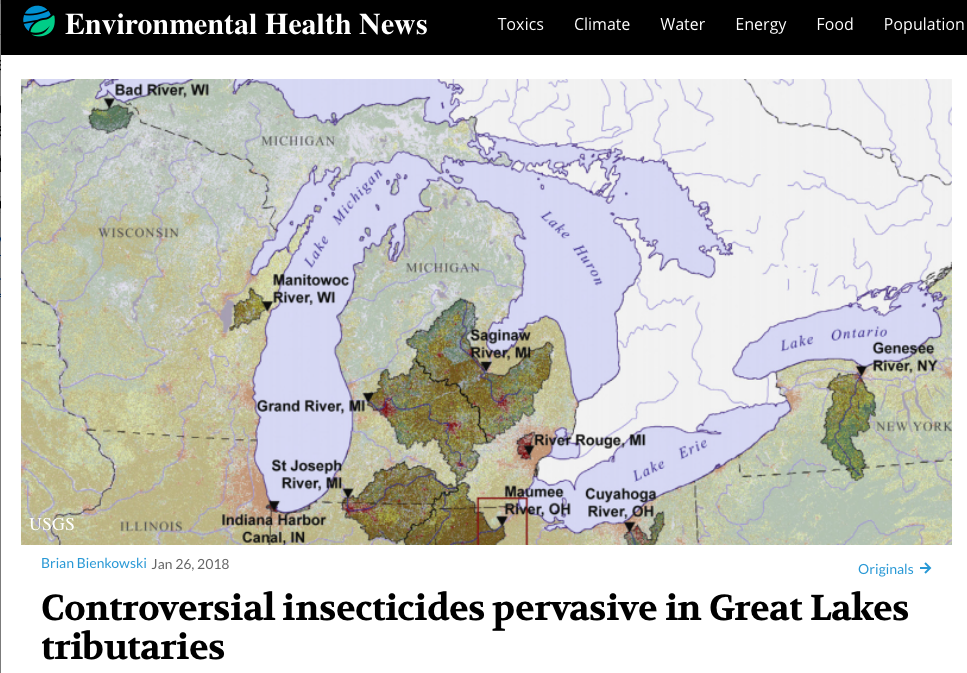
Graham White who keeps bees in Scotland, click the image to read White’s interview in Acres U.S.A. magazine.
I think most of you new beekeepers, and probably many of the older ones as well, have been drawn to bees not only for the fascinating window into the natural world they offer, but because you are aware of the challenges the bees face and you want to help. Help meant getting a colony or two of bees, maybe more. Along with those came a commitment to their management, watching out for their welfare, protecting them from danger. Frequently this required some heavy lifting in the hot sun, but we’ve all done it, maybe grumbled a bit, but we’ve done it, because it was necessary.
What I’m attaching is some heavy lifting of another kind, the kind you do with your brain. This is an exceptionally candid interview with Graham White, environmental educator and small scale beekeeper from Scotland. This interview will undoubtedly ruffle some feathers, but in my view, almost without exception these are feathers that should have been ruffled long ago. I believe Graham has done this not so much to criticize as to exhort us all to do better, his intentions are positive, not negative. We all need to listen closely to what he says here. smooth out our feathers and give some thought to what we can do better.
In the spirit of full discloser let me say that Graham and I have developed a warm friendship over the years as we’ve fought these pesticide battles together, at great distance by way of Skype. He has as much insight into and understanding of the neonic problems we face as anyone I know and over the years we have been in agreement far more often than not. The Acres article is the result of several hours of interviewing and by necessity many of the points had to be truncated for space. Despite this, everything Graham has to say merits your slow, thoughtful attention.
At least some beekeepers have to do the heavy lifting or it will only get much worse. Last winter, as near as we can estimate, Boulder County hobbyists lost about 80 percent of their colonies. How much worse should we let it get?

 While this The Hill article is nearly 3 years old,
While this The Hill article is nearly 3 years old, 
